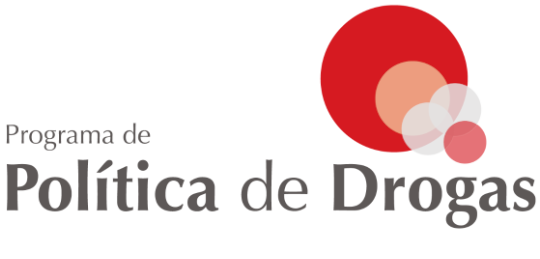CT #26 Towards a Transitional Justice for the Reform of the Drug Prohibition Regime
Las opiniones y datos contenidos en este documento son de la exclusiva responsabilidad de su(s) autor(es) y no representan el punto de vista del Programa de Política de Drogas.
The implementation of the global regime of prohibition has had a long history of human rights violations and extortion, which has infringed Mexico’s sovereignty since the turn of the 20th century. Given the human cost of the war on drugs, various groups of citizens have fought on their own looking forward to: 1) reforming anti-drug policies throughout the regulation and implementation of damage-reduction policies, and 2) guaranteeing access to justice and reconciliation for communities and individuals who have been victims of violence connected to war, using social networks, public events, and strategic litigation.
As a result of my research into the history of drugs and drug trafficking, I recommend the creation of analytical tools and social mobilization like those proposed by transitional justice literature during the 20th century. I propose the creation of truth commissions that evaluate the damage caused by the war on drugs since the establishment of the global regime of prohibition around the turn of the 20th century up to the present day –specially when the United States is involved–, in order to repair the damage inflicted by the war.
Key words: global prohibition regime, ilegal drugs, violence victims, transitional justice, truth commission.
Este cuaderno de trabajo del Programa de Política de Drogas se realizó durante el tiempo en que el programa formaba parte del CIDE como un programa interdisciplinario.
Descarga el archivo aquí
Más Vistos
- CT #29 La política de drogas en México: causa de una tragedia nacional
- CT #38 El crimen organizado y la violencia en San Luis Potosí
- CT #14 La 'Guerra Contra las Drogas' en México: registros (oficiales) de...
- CT #23 Política de drogas, adicciones y neurociencias: propuestas para México
- CT #36 Programa de Análisis de Sustancias (PAS). Cinco años de una iniciativa...
Más Recientes
- CT #47 Mujeres y experiencias de placer en el consumo de sustancias psicoactivas
- CT #46 Obstáculos para la protección de mujeres desplazadas en el contexto de...
- CT #45 Base de datos sobre notas periodísticas acerca de violencia criminal en...
- CT #44 Barreras para el acceso al tratamiento del virus de hepatitis C en...
- CT #43 Why in Mexico have militarization and democratization been two sides of...

